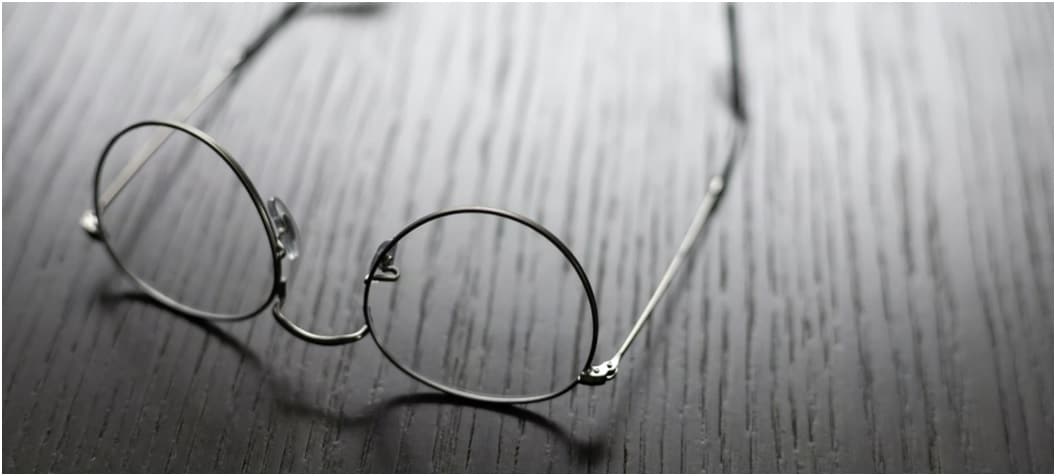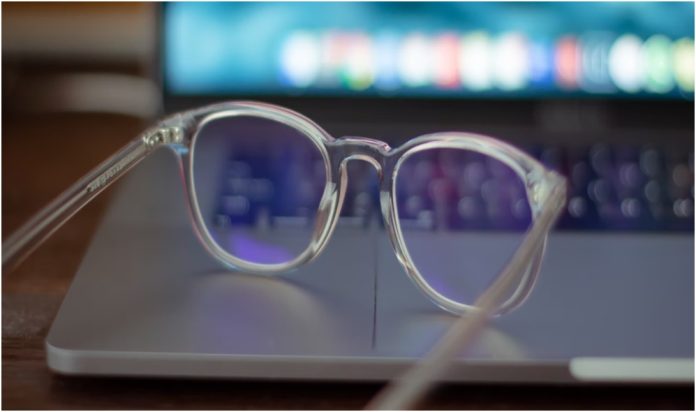Imagine walking into your primary caregiver’s office and finding out you have vision issues? Unfortunately, eye problems happen over time as your eye vision changes with age; for some people, the vision change may be insignificant, but it may require corrective eyewear for others. You may not know if you need eyeglasses, contact lenses, or corrective surgery unless you see an optometrist. An eye doctor will diagnose blurry vision and inform you if you are shortsighted or longsighted. Even when you need glasses, you might not have any symptoms; here are signs that you need corrective eyewear.
Eyestrain
If you use your eyes intensely during long drives or prolonged computer time, you will develop eyestrain. Computer vision syndrome affects people who use computers and phone for a long time. However, eyestrain occurs when you have problems focusing; you may need glasses if you strain to focus.
Impaired Vision
Your optometrist will diagnose shortsightedness and long-sightedness by letting you read random large and small letters. They will ensure you can read all the letters and have the correct 6/6 score. However, if you fail to meet the score, the optometrist will check other eye health aspects. Shortsightedness may be genetic and could happen due to environmental factors. If you focus on the computer for an extended time, you may develop shortsightedness associated with focusing on near objects.
Shortsightedness makes it difficult to see distant objects, and you may not see the blackboard from the back of the class. You may also need to sit close to the TV to watch your favorite program. On the other hand, long-sightedness makes it hard to see close objects, and you may stretch out your arm to read a message on the phone.
Blurred Vision
You may develop blurry vision, which manifests through the difficulty of recognizing faces, reading a book, or holding a phone at a certain distance to read the messages. Blurry vision might occur due to phone and computer overuse without moving the eyes. If the issue occurs due to fatigue and computer overuse, it may resolve when you move away from the device and take long walks outdoors. Unfortunately, blurry vision might occur due to astigmatism, nearsightedness, and farsightedness; for this instance, you need corrective eyewear.

Headaches
Eye issues cause headaches, but not all headaches are caused by vision impairment. Headaches occur when the eyes are trying to focus. If you adjust to the vision problems, headaches would be a noticeable sign making it necessary to buy eyewear.
Poor Night Vision
You may not realize eye issues until you try driving your car at night. You might not notice poor night vision since it is challenging to see clearly at night. However, you would squint more and have trouble seeing road signs at night.
The bottom line
Eye issues impact your life, making it challenging to accomplish everyday activities like reading and driving. Fortunately, you will find early diagnosis through the annual checkups, and your primary caregiver might refer you to the optometrist. The optometrist makes an accurate diagnosis and provides correct treatments for eye issues. They may decide if you need corrective eyewear for your vision problems. Good luck finding an optometrist who can help you overcome vision problems.


